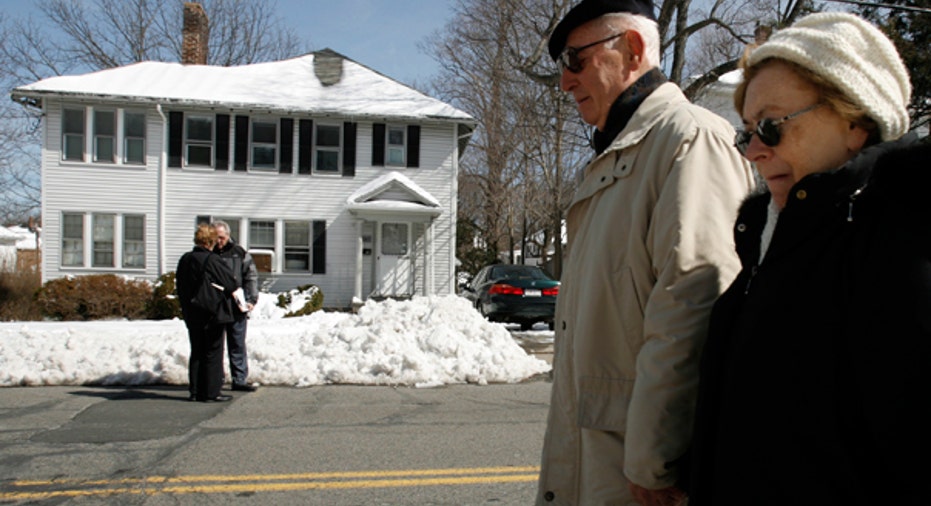Did FHA Play a Game of Hide-and-Seek with its Losses?

WASHINGTON – The U.S. Federal Housing Administration may have tried to hide the magnitude of losses it could face under the most severe economic shock, according to a congressional committee.
The findings by the committee, in a letter dated May 29 and released on Tuesday, could reignite the debate about whether the FHA needs to play a smaller role in the housing market, and if it should tighten the standards on the loans it insures in order to avoid losses.
An independent audit last year by Integrated Financial Engineering of the cash-strapped FHA found its traditional mortgage business had a projected deficit of around $13.5 billion. The agency as a whole had a projected deficit of $16.3 billion.
That audit launched speculation the FHA, which insures about a third of all U.S. mortgages, would need taxpayer funding for the first time in its nearly 80-year history. It also fueled a long-standing debate on the government's role in the housing market.
The House Committee on Oversight and Government Reform, chaired by Republican U.S. Congressman Darrell Issa, found the audit excluded results that showed the FHA's traditional mortgage program would be $115 billion in the red under the worst economic assumptions.
These assumptions mirror the stress tests used by the U.S. Federal Reserve to examine how banks would weather a hypothetical major market shock. The FHA is not required to use these assumptions, but the auditor may have prepared them anyway, according to emails released by the committee.
The published audit instead included a rosier "worst-case" estimate, showing possible losses could amount to $65 billion if the economy went sour.
Issa said emails released to the committee show the FHA may have encouraged its auditor not to publish the worst-case projections.
"The documents obtained by the committee appear to suggest that ... political factors may have influenced the removal of the Fed's (stress test) results from the final actuarial report," Issa said in a letter to FHA Commissioner Carol Galante. The letter was first disclosed by the Wall Street Journal on Tuesday.
The U.S. Department of Housing and Urban Development, which oversees the FHA, said it was reviewing the matter and would respond to the committee.
Integrated Financial Engineering, a company based in Rockville, Maryland, did not return a call seeking comment.
Republicans have worried the FHA could turn out to be a burden on taxpayers along the lines of Fannie Mae and Freddie Mac, the mortgage finance firms the government seized in 2008.
Those companies have soaked up almost $190 billion in taxpayer funds, although they are both now profitable, and sparked cries for the government to ratchet back its support for the housing sector.
"The deteriorating fiscal state of FHA continues to be of great concern to the committee," Issa said in the letter.
The White House in April said the FHA will likely need a $943 million cash infusion to cover losses on loans it insured as the U.S. housing bubble was deflating.
But the FHA has also taken a number of steps to shore up its finances since its audit last year, which could bring in about $18 billion this year and help it avoid a bailout.
The FHA is required by Congress to keep enough cash on hand to cover all expected future losses and must take a taxpayer bailout if its projected revenue falls short.
The agency is a major source of funding for first-time home buyers and people with modest incomes, and its supporters hail the role it played in keeping mortgage funds flowing since the housing bubble burst in 2006.
The FHA does not make loans itself, but offers private lenders guarantees against homeowner default.
Its share of the home loan market has increased sharply since the housing bubble burst, with its loan portfolio more than tripling. In 2006, it only insured about 5 percent of U.S. mortgages.



















